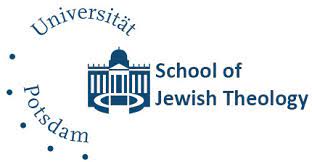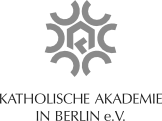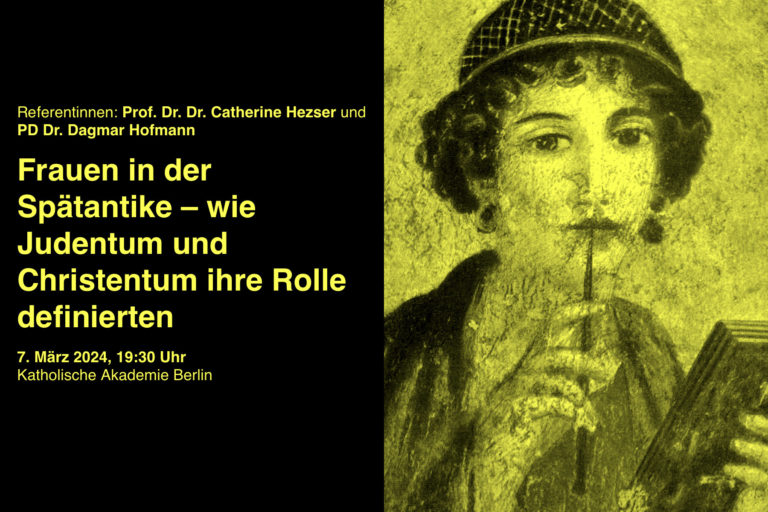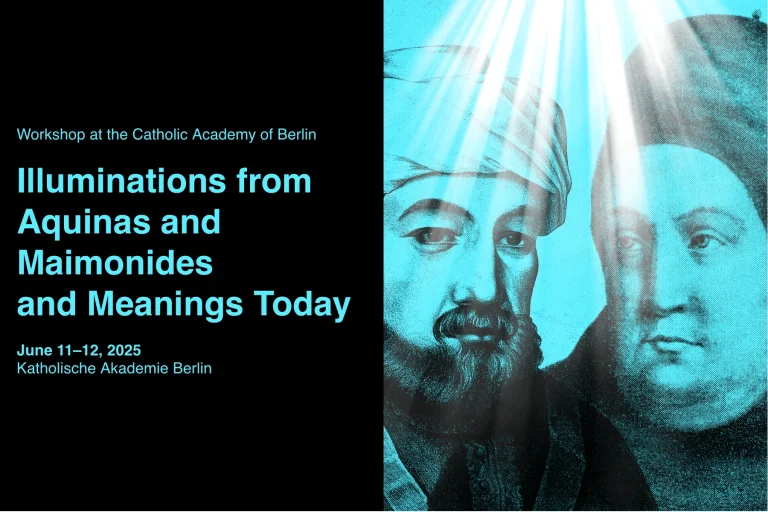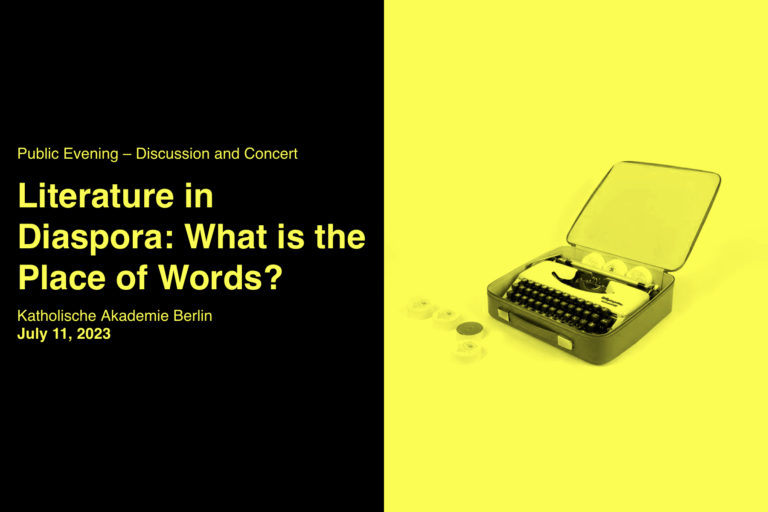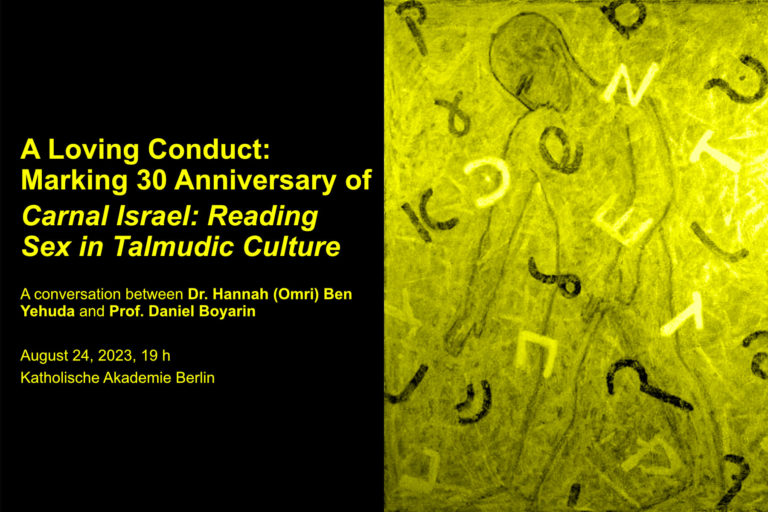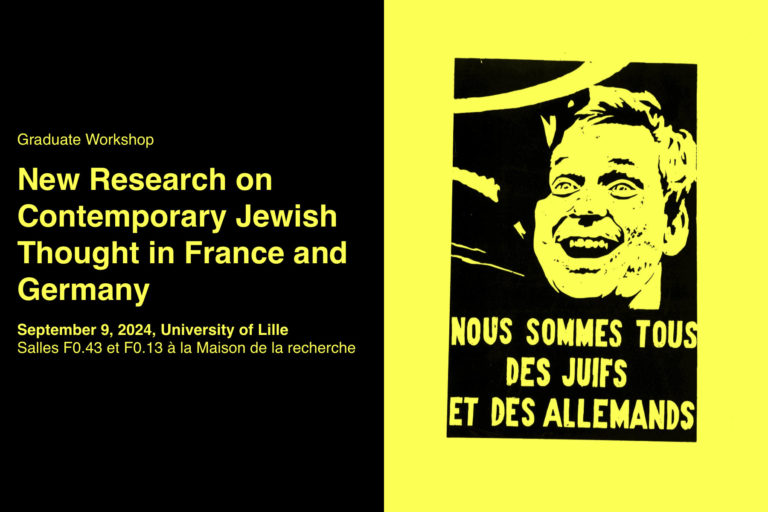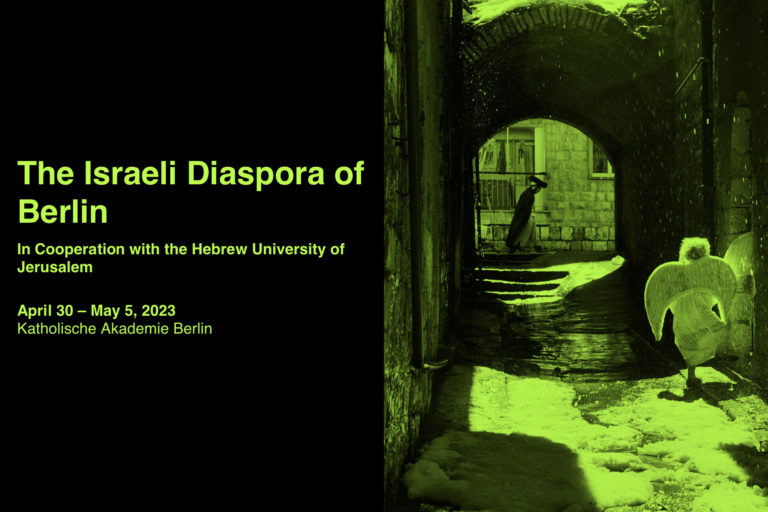Oded Schechter, Elchanan Reiner, Vivian Liska and Elad Lapidot
Winter School: Modern Talmudic Hermeneutics III
Katholische Akademie Berlin in cooperation with the European Association for Jewish Studies,
the University of Lille and the Potsdam School of Jewish Theology
December 12–14, 2023
Winter School: Modern Talmudic Hermeneutics III
With Oded Schechter, Elchanan Reiner, Vivian Liska and Elad Lapidot
December 12–14, 2023
The Berlin Center for Intellectual Diaspora brings together graduate students and early-career scholars to participate in a master class on modern talmudic hermeneutics.
The master class will be led by two main instructors through guided readings in primary sources. Elchanan Reiner (Tel Aviv University, emer.) will explore the rise of modern talmudic hermeneutics, among others due to the printing of the Talmud, and the reinforcement of the Talmud’s canonic status in the modern Jewish library. Oded Schechter (Makhloykes Berlin) will show how in modern talmudic study the aim of limud shifted from formulating general principles to elaborating unresolvable problems.
Additional activities will include classes on Talmud in modern Jewish thought and literature by Elad Lapidot and Vivian Liska, small group study sessions, open discussion and presentations of participants’ research projects.
Discussions will be held in English, basic reading proficiency in Hebrew will be an advantage. The program is open to researchers in the fields of Jewish thought, philosophy, rabbinics, hermeneutics, literature, religion, history or culture.
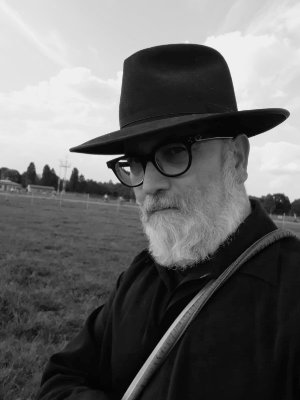
Oded Schechter is a philosopher and talmudist. He lives in Berlin and is the co-founder of the Berlin Makhloykes Center.
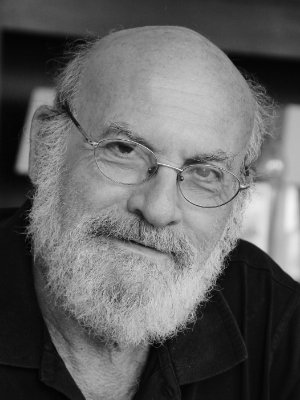
Elchanan Reiner was born in Jerusalem in 1946, he is Professor Emeritus of Jewish History at Tel Aviv University. Since 2016 he is the academic director of the National Library of Israel.
His main field of research is the cultural history of Ashkenazi, especially Eastern European Jewry in the Early Modern Period. In his research he is focusing on the beginning of the printed culture in the Ashkenazi milieu, the history of the Hebrew book and the history of the Early Modern Yeshivot and scholarship (“Lamdanut“). Among his publications concerning this field is ““The Yeshivas of Poland and Ashkenaz During the Sixteenth and Seventeenth Centuries – Historical Developments”, (Studies in Jewish Culture in Honor of Chone Shmeruk, Jerusalem, 1993); ”The Ashkenazi Élite at the Beginning of the Modern Era: Manuscript versus Printed Book,” in: Jews in Early Modern Poland (=Polin, 10), London 1997 and “Beyond the Realm of the Haskalah: Changing Learning Patterns in the Jewish Traditional Society,” in: Simon Dubnow Institute Yearbook, 6 (2007).
Reiner also specializes in the study of the oral religious culture of the late antiquity and medieval Jews in Palestine, dealing with local religious traditions and myths connected to holy places. His early work on pilgrimages to Palestine in the Middle Ages has been followed by related publications such as “From Joshua to Jesus: The Transformation of a Biblical Story to a Local Myth (A Chapter in the Religious Life of the Galilean Jew),” in: Sharing the Sacred: Religious Contacts and Conflicts in the Holy Land, Jerusalem 1998.
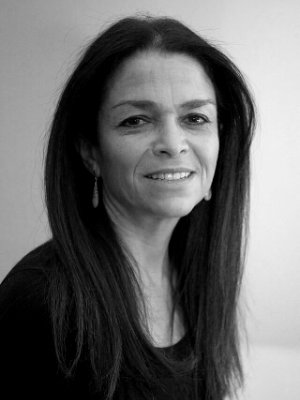
Vivian Liska is Professor of German literature and Director of the Institute of Jewish Studies at the University of Antwerp, Belgium. She is also, since 2013, Distinguished Visiting Professor in the Faculty of the Humanities at The Hebrew University of Jerusalem. Her research focuses on literary theory, German modernism, and German-Jewish authors and thinkers.
She is the editor of the book series “Perspectives on Jewish Texts and Contexts” (De Gruyter, Berlin), co-editor of the Yearbook of the Society for European-Jewish Literature, and Arcadia. International Journal of Literary Studies. Her recent book publications include Giorgio Agambens leerer Messianismus; When Kafka Says We. Uncommon Communities in German-Jewish Literature and German-Jewish Thought and its Afterlife. A Tenuous Legacy.
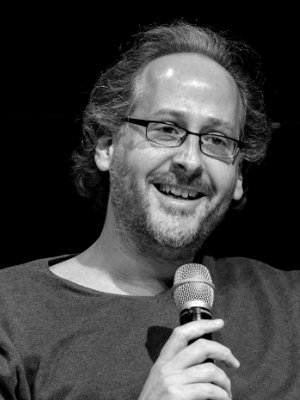
© Ruthe-Zuntz
Elad Lapidot is professor for Culture Studies at the University of Lille, France. He specializes in philosophy, Jewish thought and Talmud and was teaching at the University of Bern, Switzerland, the Humboldt Universität Berlin and the Freie Universität Berlin. His work is guided by questions concerning the relation between knowledge and politics. Among his publications: Jews Out of the Question. A Critique of Anti-Anti-Semitism (SUNY Press, 2020), Hebrew translation with introduction and commentary of Hegel’s Phänomenologie des Geistes, Vol. 1 (Resling, 2020), Heidegger and Jewish Thought. Difficult Others, (Rowman & Littlefield, 2018), and Etre sans mot dire : La logiqe de ‘Sein und Zeit’ (Zeta Books, 2010).
Participants
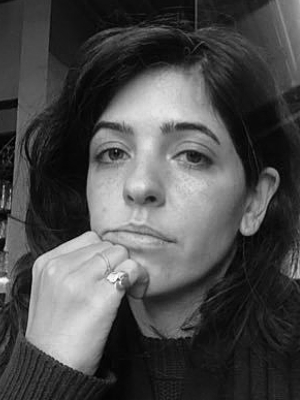
Yael Attia is a doctoral fellow at the RTG Minor Cosmopolitanisms. In her current project, The (post)colonial Other of Modern Jewish Thought, she seeks to trace the constitutive role of Jewish colonial experiences in North Africa as formative to modern Jewish political thinking, as it emerged in a series of Francophone intellectuals: Hélène Cixous, Albert Memmi and Jacques Derrida. She also hosts the official podcast of her program. An edited volume she co-edited, titled: Minor Perspectives on Modernity: Jewish Studies and Decolonial Thought is forthcoming from Nomos Verlag.
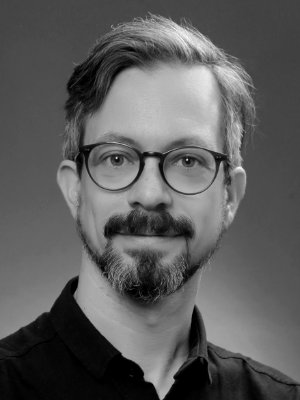
Nimrod Baratz is a doctoral candidate and a teaching and research fellow (Wissenschaftlicher Mitarbeiter) at the Chair of Jewish Studies at Leipzig University. His research interests lie in Jewish intellectual history beyond the dominant discourses, especially in late antiquity and the Middle Ages. His fascination with the intercultural social fabric characteristic of the Jewish diaspora motivates his research and his social engagement. Through a grassroots non-profit association that he founded in 2018 in Berlin, he strives to advance social cohesion and intercultural dialogue. Born and raised in Israel, he lives and works in Germany.
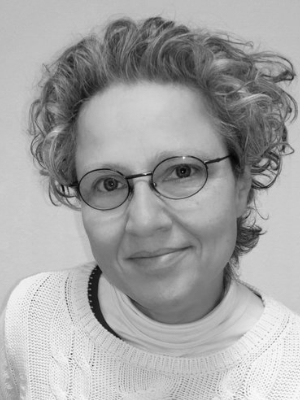
Judith v Bresinsky is a Berlin-based student of Jewish literature from late antiquity. She is interested in Talmudic literatures from the two centers of Jewish literary creativity at the time, the Land of Israel and Babylonia, their ideological developments and differences between the late Second Temple era until the early Islamic period. In particular, she focuses on patterns of halakhic and narrative structures that shape and re-shape constructions of historical truth[s]. Currently, she works on a Feminist Commentary-project on Tractate Qidushin’s first chapter.
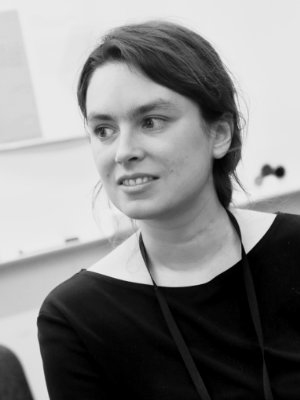
Dana Daymand is a research assistant and a PhD candidate at the chair for Jewish Studies at the University of Würzburg, where she teaches at the newly founded BA program in Diversity, Ethics, and Religions. She was trained in philosophy, political theory, and Jewish studies at Bard College Berlin, Tel Aviv University, Freie Universität Berlin, and the Hochschule für Jüdische Studien Heidelberg.
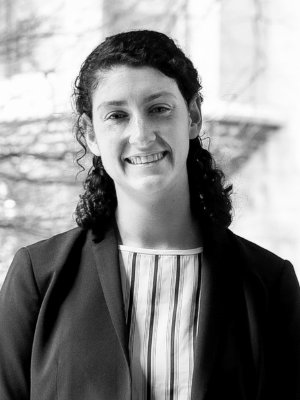
Jennifer Greenberg is a PhD student in Religion and Critical Thought at Brown University. She works on modern philosophical and religious ethics, political theory, and Jewish thought, with a primary interest in questions at the intersection of political theology and ethical formation. Jennifer previously received an M.A. from the University of Chicago Divinity School.
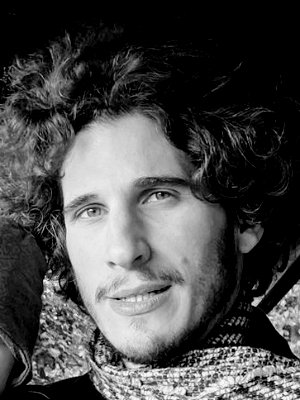
Matan Gurevitz is pursuing his Ph.D. on the intersections of anticolonial motives in Weimar and post-war French Jewish thought. He is an ELES research fellow and a member of the research group Revisiting Shared Traditions: Judaism and Islam in a post-secular Perspective at the Van Leer Jerusalem Institute. He studied music, musicology, and Jewish intellectual and cultural history at the Berlin University of the Arts (UDK), the Humboldt University in Berlin, the University of Heidelberg, and the School for Advanced Studies in the Social Sciences in Paris (EHESS).
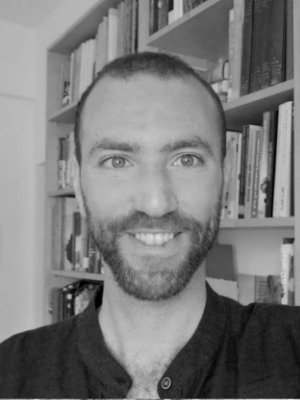
Yaakov Kroizer is a research assistant in Prof. Ishay Rosen-Zvi’s project: A Database and Lexicon of the Terminology of Tannaitic Midrashim: A New Method, in the Department of Jewish Philosophy and Talmud at Tel Aviv University (funded by ISF).
Yaakov is a Ph.D. candidate in the Department of General and Comparative Literature at the Hebrew University of Jerusalem, Israel, and a junior Library Fellow at the Van Leer Institute, Jerusalem. His research (‘Empathy and Ethics in Reding’) is conducted as part of Dr. Gur Zak’s project: Common Grounds: The Implications of Compassion in Italian Renaissance Literature (funded by ISF).
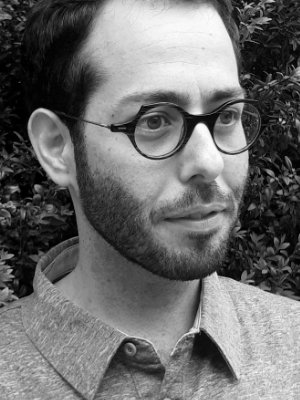
Zvi Kunstat is a Ph.D. candidate in history at Johns Hopkins University, focusing on early modern European history and Jewish studies. My dissertation project, “Learning for the Sake of Heaven: Learning, Religiosity, and Community in Early Modern Ashkenazi Culture,” charts the history of Ashkenazi learning institutions and learning practices, especially those dedicated to studying Talmud. Drawing on archival materials and through the lens of the History of Knowledge, I explore these institutions’ role in the formation of early modern and modern Ashkenazi culture and religious consciousness.
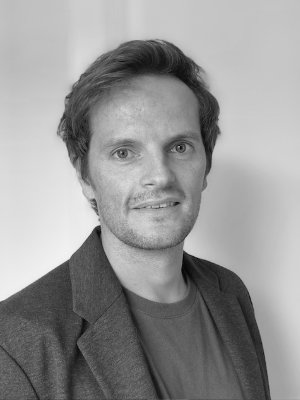
Quentin Le Gurun is a PhD candidate in philosophy at the University of Lille. His research, under the supervision of Prof Elad Lapidot, focuses on the postmodern Jewish question in the work of Emmanuel Levinas, Jacques Derrida and Benny Lévy, namely the epistemo-political stakes involved in the profound reconfiguration of the relation between philosophy and Judaism in French thought of the second half of the 20th-century. He previously studied at the School for Advanced Studies in Social Sciences (EHESS) in Paris, devoting his research to the meaning of prophecy in literature and philosophy in the context of Franco- Judaism, particularly in Charles Péguy, Bernard Lazare and James Darmesteter.
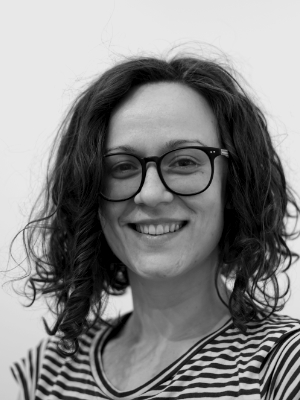
Ena Raphaëlle Oskar Schulz is a PhD candidate in Rabbinic Literature at the Hebrew and Judaic Studies department at New York University. She is also a performing and multimedia artist. Raphaëlle’s interests revolve around performance and performativity in and of the Talmud.
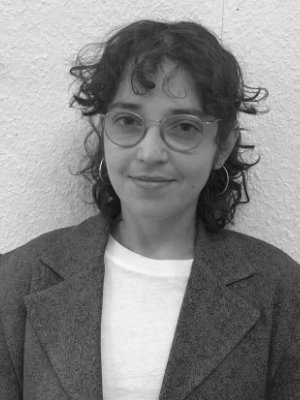
Rachel Pafe is a writer and researcher interested in modern German-Jewish thought between fiction and philosophy and interdisciplinary theories of mourning. Much of her work is based on collaboration across disciplines, including teaching, reading groups, and publication projects with artists, religious historians, philosophers, and game designers. She is the editor of three multidisciplinary collections of poetry, criticism, and fiction, Reading Scholem in Constellation (2021, Pseudo Press), Reading Taubes in Constellation (2022, Pseudo Press), and Reading Kofman in Constellation (2023, Pseudo Press) and currently a PhD candidate in modern Jewish philosophy at Goethe University of Frankfurt and University of Lille.
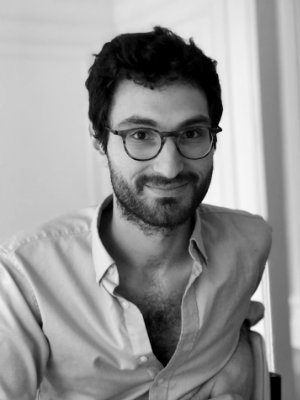
Evan Parks is an Early Career Fellow in the Department of Germanic Languages at Columbia University. His research focuses on modern German literature and culture, the entanglement of German and Jewish intellectual traditions, and the relationship between literature, philosophy, and other art forms. He is completing a book project that explores how Paul Celan’s poetry interacts uneasily with the varied agendas of his philosophical readers, especially Hans-Georg Gadamer, Theodor W. Adorno, and Jacques Derrida. A second, related project addresses Celan’s poetic reception by contemporary diasporic poets, including Myung Mi Kim and Claudia Rankine. Evan is additionally working on a study of ‘realism’ in prose writings and biographies by the German-Jewish author Wolfgang Hildesheimer.
Evan received his Ph.D. in Germanic Languages from Columbia University and holds a B.A. in European Cultural Studies from Brandeis University. He was a 2020-21 Fellow with the Leo Baeck Institute London and has been a returning faculty member with The Bronfman Fellowship.
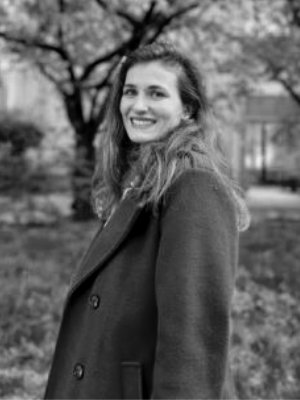
Julie Reich is a PhD candidate at the university of Lille under the supervision of Prof. Dr. Elad Lapidot. My research focusses on the mutual influences of feminism and Jewish Thought and the way gender conceptions influenced political Jewish philosophy in the context of pre-war Germany and post-war France. I am interested in religious philosophy, political philosophy, feminism, decolonial thought and concepts of citizenship in Jewish thought. Previously, I studied comparative literature and philosophy in Berlin, Madrid and Jerusalem. Additionally, I work as a freelance educator and language teacher.
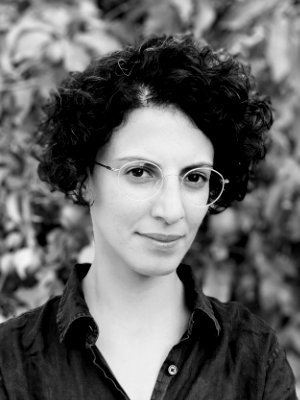
Bat Chen (Laila) Seri is a PhD candidate in Philosophy of Religion at the Centre for Theology and Religious Studies, Lund University. Her Doctoral thesis, working title ‘The Literary Afterlife of Religion: Reading Kafka with Walter Benjamin’, explores reading as an ethico-religious task in a post-secular age, taking an interdisciplinary approach with a focus on Judaism. Previously, she studied for an MA in Philosophy at the University of Amsterdam where she received the Amsterdam Merit scholarship and wrote her master’s thesis on Walter Benjamin’s mystical theory of language.
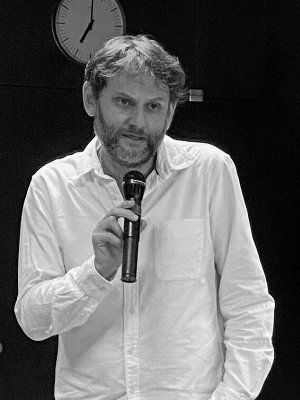
Dr. Ghilad H. Shenhav is a research associate (wissenschaftlicher Mitarbeiter) at the Department of History and at the Center for Israel Studies at the Ludwig Maximilian University of Munich. His first book about language, tradition, and gender in the writings of Gershom Scholem will be published this summer. Shenhav has written several articles in the fields of modern Jewish thought, literature, and intellectual history, among them: “Jacques Derrida and the Desertification of the Messianic” (Jewish Studies Quarterly, 2022), and Gershom Scholem’s ‘Laments Project’ and the Question of Gender” (Journal of Jewish Studies / 2023), and “The Messiah Waits for you!|”Agency and Politics in the German-Jewish Reception of a Talmudic Tale (Journal of Modern Jewish Studies / 2023). He is also developing his second book project about the reception of the Babylonian Talmud in early Zionism and in Jewish political thought at large.
Program
| December 12 | |
| 10:00-11:30 | Session History: Elchanan Reiner |
| 11:30-12:00 | Coffee Break |
| 12:00-13:30 | Session Philosophy: Elad Lapidot – Levinas’s Talmudic Hermeneutics |
| 13:30-14:30 | Lunch |
| 14:30-16:00 | Session Hermeneutics: Oded Schechter |
| 16:00-16:30 | Coffee Break |
| 16:30-18:00 | Small Group Text Study |
| 18:30-20:00 | Evening Get-together with participant presentations |
| December 13 | |
| 10:00-11:30 | Session History: Elchanan Reiner |
| 11:30-12:00 | Coffee Break |
| 12:00-13:30 | Open Discussion |
| 13:30-14:30 | Lunch |
| 14:30-16:00 | Session Hermeneutics: Oded Schechter |
| 16:00-16:30 | Coffee Break |
| 16:30-18:00 | Small Group Text Study |
| 18:00-19:00 | Dinner |
| 19:00-20:30 | Public Lecture |
| Vivian Liska, A Talmudic Disputation Before the Law: Kafka, Benjamin, Derrida | |
| 20:30 | Reception |
| December 14 | |
| 10:00-11:30 | Session Literature: Vivian Liska |
| 11:30-12:00 | Coffee Break |
| 12:00-13:30 | Session History: Elchanan Reiner |
| 13:30-14:30 | Lunch |
| 14:30-16:00 | Session Hermeneutics: Oded Schechter |
| 16:00-16:30 | Coffee Break |
| 16:30-18:00 | Open Discussion |






